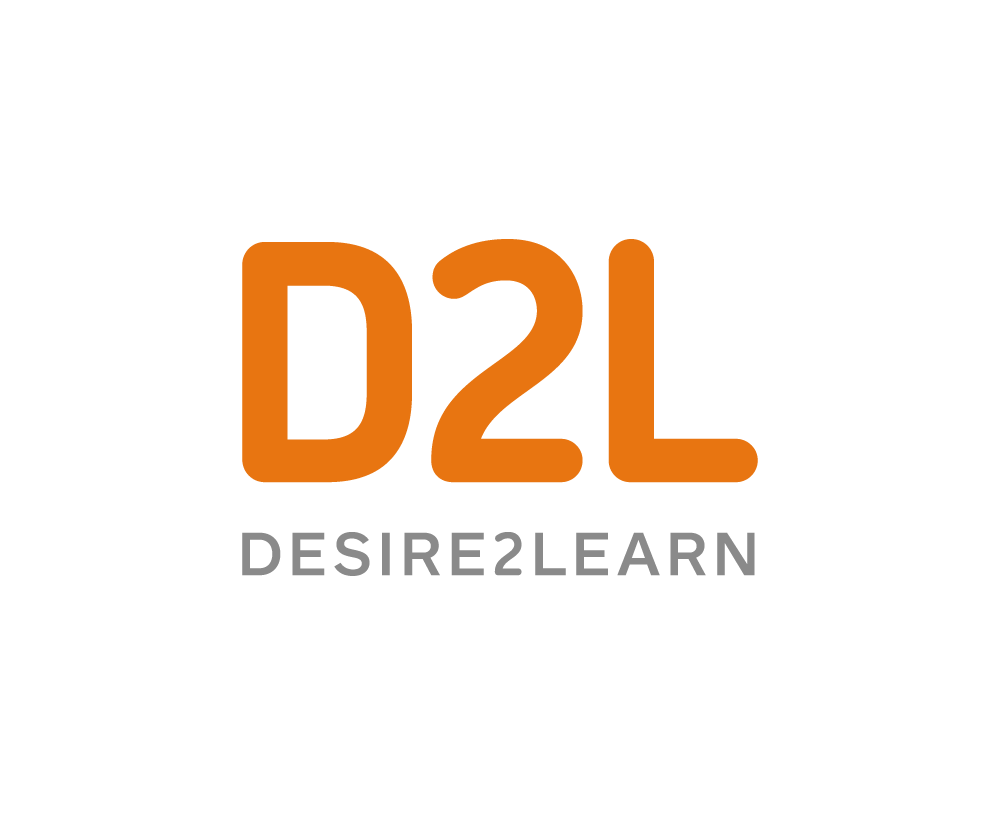Ep. 127: Voices of Student Success: Breaking Down Barriers to Basic Needs Resources
Rising costs of living and increasing student housing rates have exacerbated college retention efforts as campus leaders look to tackle a rising concern: basic needs insecurity.





